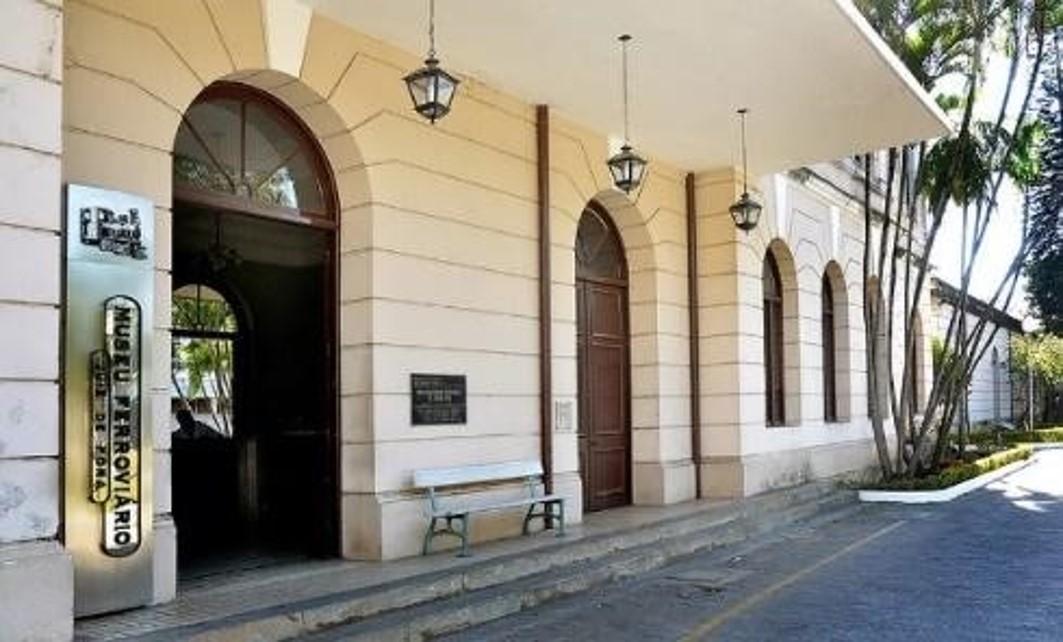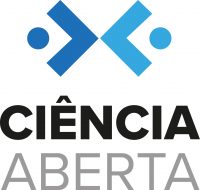Cultural Attractions Management:
The Juiz de Fora Railroad Museum, Minas Gerais [Brazil]
Keywords:
Cultural Attraction Management, Museum planning, Diagnostics, Railway Museum of Juiz de ForaAbstract
The theme heritage management appeared at first time in American museums and gain shape and importance over the years. In Brazil, mainly through tourism, it has an important role in socioeconomic development, but unfortunately the lack of diagnosis and planning, which are effective, is a detrimental factor. The museums, as cultural attractions, do not escape from this reality, and that is why one of the key pieces in museum management is the Museological Planning. Thus, the purpose of this work was to perform the initial stages of the Museological Planning process of the Railway Museum of Juiz de Fora, State of Minas Gerais, namely the Diagnosis and the Vocation, to then analyze how they relate to museological management and management of cultural attractions. In 2018, an action-research was conducted in loco, consisting of two central parts: a diagnosis of the museum, based on a survey aiming to identify the profile of the visiting public, and on the analysis of its resources and potentialities; and, a vocational study of the equipment. The work resulted in a conclusive detailed diagnosis that will be a material for the better future development of the Museum, as well as in intervention strategies, which were partially implemented, already in the period immediately after the action research was carried out.
Downloads
Published
How to Cite
Issue
Section
License
Autores que publicam nesta revista concordam com os seguintes termos:
Os Autores mantém os direitos autorais e concedem à revista o direito de primeira publicação, com o trabalho simultaneamente licenciado sob a Creative Commons Attribution License que permitindo o compartilhamento do trabalho com reconhecimento da autoria do trabalho e publicação inicial nesta revista.
Autores têm autorização para assumir contratos adicionais separadamente, para distribuição não-exclusiva da versão do trabalho publicada nesta revista (ex.: publicar em repositório institucional ou como capítulo de livro), com reconhecimento de autoria e publicação inicial nesta revista.
Autores têm permissão e são estimulados a publicar e distribuir seu trabalho online (ex.: em repositórios institucionais ou na sua página pessoal) a qualquer ponto antes ou durante o processo editorial, já que isso pode gerar alterações produtivas, bem como aumentar o impacto e a citação do trabalho publicado (Veja O Efeito do Acesso Livre).








